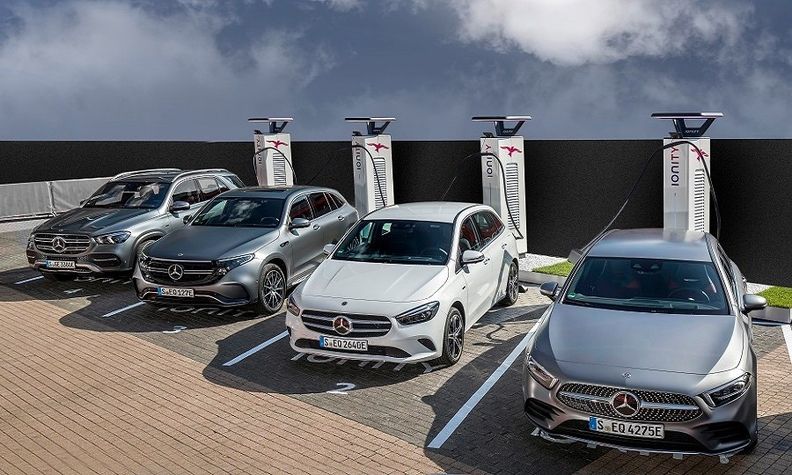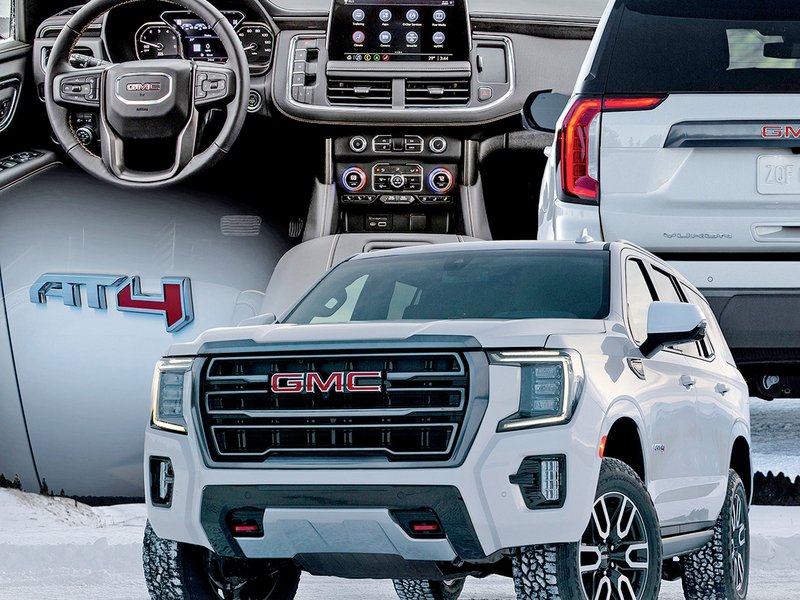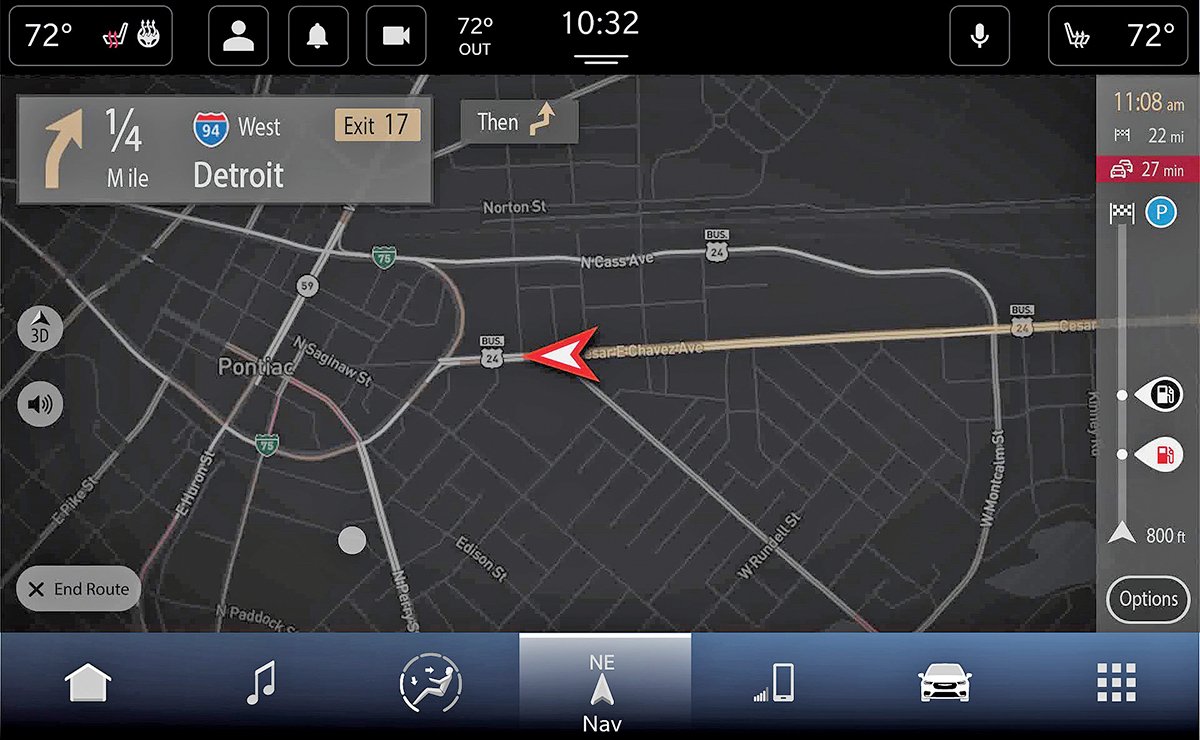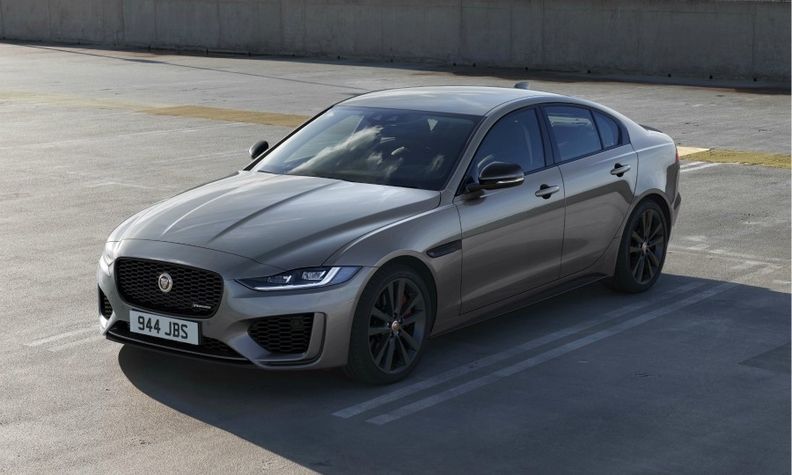<!–*/ */ /*–>*/
| Making sense of less data |

We weren’t fans when General Motors stopped reporting monthly U.S. auto sales and went quarterly in 2018.
We’re in the information business. We’d rather have 12 status reports a year instead of four.
But we couldn’t stop the tide.
Before long, other automakers followed GM’s lead. Now, only a handful report monthly. And when everyone gets around to issuing their quarterly numbers, it’s gotten messy.
Instead of a single reporting day, we now have three or four.
Most still report on Day 1. But Ford’s figures come a day after the pack. Mercedes and Jaguar Land Rover are even later.
As a result, we probably force you to wonder if you’re seeing double. The seven-column table on pages 38 and 39 of the Oct. 5 issue included every brand but Jaguar, Land Rover and Mercedes.
In Monday’s edition, you’ll see a nearly identical table. But it adds lines for those brands as well as the official Automotive News Data Center tally: 3,929,991 light vehicles in the quarter, down 9.5 percent from a year earlier.
We think.
As News Editor Nick Bunkley points out, things have gotten murky because Tesla — which has always played from a different rule book — is getting bigger.
Tesla provides one global figure. And now that it has a sizable presence in Europe and China, figuring out how many of its sales come from U.S. buyers has become more of a challenge.
Fortunately, there are other numbers to chew on.
One gem: 2,999,999 light trucks were sold in the quarter. That oh-so-close figure prompted Mr. Bunkley to channel his inner sales boss in his Final Assembly column: “Whoever didn’t try hard enough to close one more deal on the evening of Sept. 30, fess up.”
The luxury brand sales race is getting interesting, too: The third-quarter winner was Lexus, ahead of Mercedes and BMW — the two brands that have swapped annual titles since a glorious run by their Japanese rival ended a decade ago.
For decades before Lexus, Cadillac was the only luxury brand that could claim dynasty. Now it’s lost another shred of bragging right. Detroit’s biggest seller of luxury vehicles isn’t Cadillac anymore.
Check out Page 1 of Monday’s issue to find out who is.
 |

 |
Coming Monday in Automotive News:

GMC finds strength in its subbrands: GMC’s high-end Denali and AT4 lines now outsell Cadillac in the U.S. — at prices that outpace top luxury brands. Denali buyers pay more on average than customers of BMW, Mercedes-Benz, Audi and Jaguar. Next up? GMC’s Hummer EV. Automotive News looks at GMC’s ability to differentiate its vehicles with the Denali and AT4 badges and command luxury prices for the high-end lines.

Questions surface about dealerships and the Paycheck Protection Program: A fired employee of a Jaguar-Land Rover store in Cincinnati has sued the dealership, alleging that program money paid to workers was later deducted from employees’ paychecks. Automotive News takes a closer look at the lawsuit’s allegations and how fraud within the Small Business Administration’s emergency loan program is a growing concern.

FCA’s next-gen, homemade infotainment system: The heralded Uconnect system’s fifth iteration will be released in the 2021 Chrysler Pacifica and Dodge Durango this year. Finishing it during a pandemic took the coordination of a crew that, working largely from their homes, used wireless units to test software and hardware changes and made subtle modifications up until launch. Automotive News talks with Vince Galante, FCA’s head of user experience, who shares the story behind the challenge.
Weekend news:
Nissan dumps vans in U.S. and Canada, eyes new commercial sales: The automaker confirmed Friday that it will end production of full-size NV cargo and passenger vans in Canton, Miss., and the compact NV200 van in Cuernavaca, Mexico, next summer. Automotive News reported those plans in June.
 |

Assault charges for Sonic Automotive CEO: David Smith, 46, the chief of one of the largest new-vehicle retailers in the nation, was arrested in North Carolina on a felony charge of assault by strangulation and misdemeanor charges of false imprisonment, assault on a female and interfering with emergency communication. Smith told Sonic’s board of directors that he’s innocent and expects to be exonerated. The board says it is standing by Smith.

Jaguar axes entry-level sedan: Poor sales and a consumer shift to utility vehicles have led the luxury automaker to withdraw its XE from the U.S., where it sold just 886 units of the $39,900 compact sedan in the first half. The XE will remain on sale in Europe and China.
<!–*/ */ /*–>*/
 |
|
|---|
 |
 |

‘What’s next?’: A Texas-based dealer steers his stores through the coronavirus, wildfires: The COVID-19 pandemic has prompted dealer Steve Jackson to keep his retail chain lean and explore new ventures as the business faces tight inventories and factory image programs. The CEO of Jackson Automotive Group is also navigating his company through wildfires while creating a healthy and inclusive workplace.
 |
A selection from Shift and Daily Drive:
 |
Oct. 15, 1924: Lee Iacocca is born in Allentown, Pa. Few inventors, visionaries or executives get the chance to transform one automaker and help build the modern auto industry, but Iacocca figured most prominently in the success of two of Detroit’s Big 3.
Iacocca — a bright, charismatic engineer turned marketing genius who conceived the Ford Mustang, stewarded Chrysler’s historic U.S. rescue and 1980s turnaround and championed the minivan — won acclaim as America’s most famous CEO and car salesman. He was president of Ford from 1970 until he was fired by Henry Ford II in 1978, then hired by Chrysler four months later. He became Chrysler CEO in 1979 and retired from the company in 1992.
